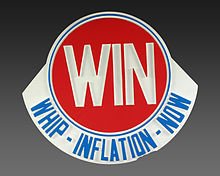Gatordoc50
Full time employment: Posting here.
W2R said:Great! Several of us are happy with Wellesley for income. Glad for you to join us.
Sounds like a change in asset allocation?
This is what I am contemplating as well as I am looking to change my AA. However, I am going to be selling in a taxable account so I am toying with individual securities.


